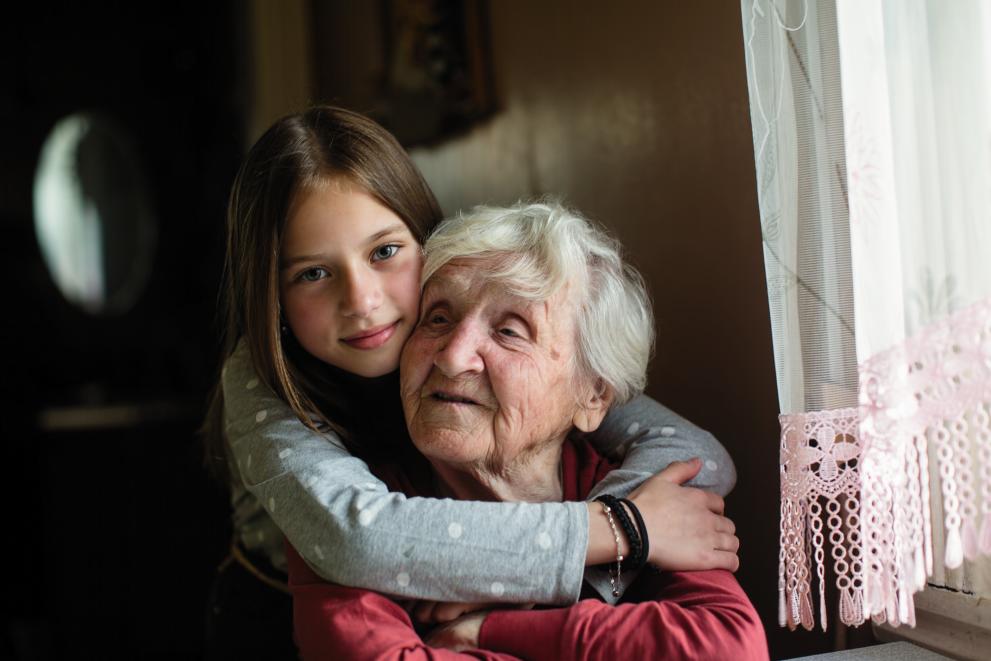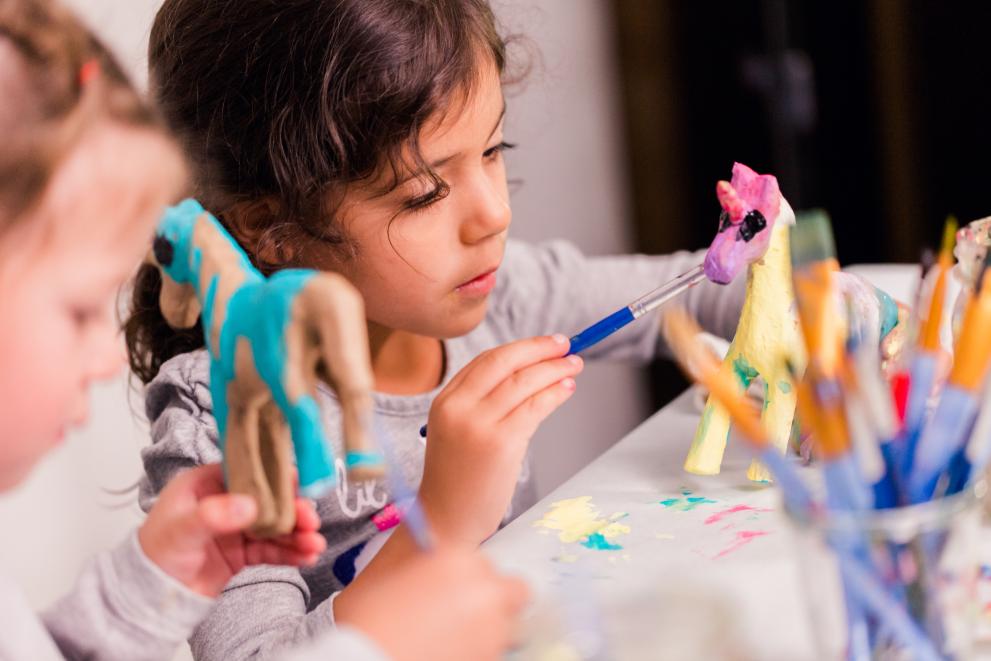How can we create a more fair future together?

EU Commissioner Micallef, responsible for Intergenerational Fairness, Youth, Culture and Sport has been asked tasked with designing a Strategy to strengthen communication across generations.
This should ensure that the interests of both citizens of today and tomorrow are woven into EU policy and law-making. It is a challenging task because it concerns both the present and the future as well as all EU policies.
But together we can ensure prosperity across generations, into the future.
To do this, we are setting up a series of strategic dialogues with citizens, institutions and civil society to inform this future strategy and make sure everyone’s voices are heard. Read on to find out how you can play your part.
Why should I join this debate?

We are at a crucial moment in history where more generations than ever are co-existing. In view of the climatic, economic and demographic challenges we are facing, it is crucial that no generation - whether living now or in the future – gets left behind.
This is why we want as many EU citizens as possible to have their say on the present and the future.
Citizens of any age and generation have the right to live in a clean, prosperous and fair world.
If we act now, together, we can make this future happen.
Intergenerational Fairness: What’s at stake?
Young and old, we all have a stake in what the future holds and what we would like it to look like. The same applies to future generations – those who are not born yet.
To ensure that the rights of those present and yet to arrive are respected, we would like to hear from all age groups and actors to generate a meaningful intergenerational dialogue.
In 2025, we’ll work together from February to November to design a strategy that reflects the needs of all generations - your voice matters every step of the way.
Moreover, check out the events on intergenerational fairness and add any that are missing. We want to make sure you and all citizens can find and participate in discussions and activities happening around you, in Europe and beyond.
Timeline
From February to November 2025, we will be designing the strategy, in co-creation with you.
- February - AprilScoping
How is intergenerational fairness understood? What initiatives exist already?
- June - JulyVision building
What do we imagine it to be? What for?
- August - OctoberStrategy ideas
What are the key ideas, values, needs and actions?
- October - NovemberStrategy co-creation
Where do we want to go? What paths should we take?
Scoping: Summary of Insights and Ideas
We are excited to share the progress made in the scoping phase, through which we identified the root causes behind the rising issues of intergenerational fairness, along with topical areas for action. The results of the scoping phase, as well as the analysis of your contributions that fed into it, can be found in the documents section below.
Vision building: Imagining Intergenerationally Fair Futures
In the visioning phase, we invited you to imagine what an intergenerationally fair future could look like. You shared your visions about connecting with people of different ages and forging bonds with past and future generations. With the help of literary writers, we’ll use your contributions to create inspirational stories about more fair futures. The results of this phase will be out soon, so stay tuned.
Strategy Ideas: What We Can Do to Realise Our Visions
The next phase in the process is ‘Strategy ideas’. We’ll think about key ideas and actions we can undertake to realise the visions we collectively built and shared. Join us to decide together how we can create a more fair future together.
Strategy Co-creation: Citizens in the Lead
In this last phase we invite the citizens participating in the European Citizens’ Panel on Intergenerational Fairness to build on the work carried out in the previous phases while also bringing in new ideas and exploring new areas that deserve attention. Citizens' collective vision, priorities and recommendations will feed into the ongoing reflections surrounding the drafting of the Strategy for Intergenerational Fairness.
Why do we need this?
Did you know that
- Less than half of Europeans believe that society is fair and equal (source Eurobarometer – 2022)
- Countries with lower age-related inequalities have higher levels of life satisfaction overall (source OECD - 2020)
- Governments that balance the needs and interest of the present and future generations have higher levels of trust (source OECD – 2023)


